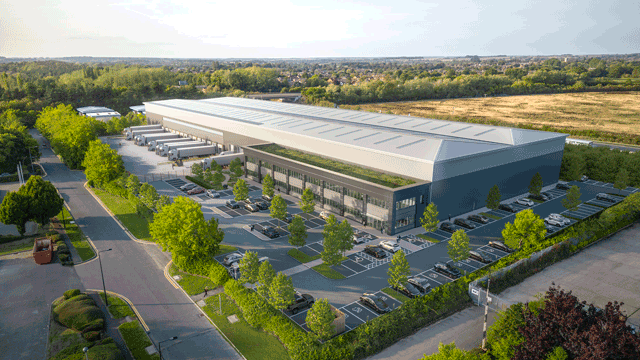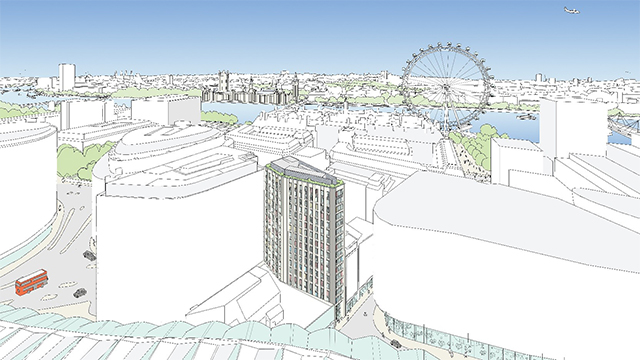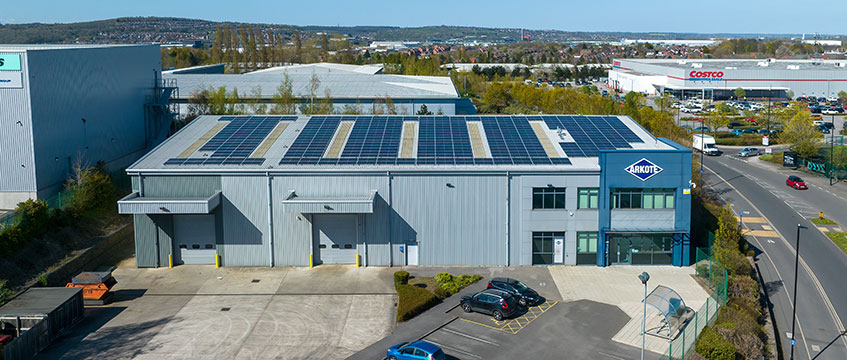Prime minister Boris Johnson has announced new permitted development measures to allow conversion of vacant commercial buildings into residential in a new initiative branded ‘Project Speed’.
It means developers will no longer require a planning consent from local authorities to demolish and rebuild vacant and redundant buildings as housing.
Johnson has also approved plans to allow commercial buildings that are not vacant to be repurposed through changing use class. This would include retail premises, however community assets such as pubs, libraries and village shops will not be covered.
Downing Street has dubbed the proposals “the most radical reforms to our planning system since the Second World War”.
Johnson said: “We cannot continue simply to be prisoners of this crisis. We are preparing now slowly and cautiously to come out of hibernation and I believe it is absolutely vital for us now to set out the way ahead.
“Time is money and the newt-counting delays in our system are a massive drag on the prosperity of this country. And so we will build better, build greener and we will also build faster. That is why the chancellor and I have set up Project Speed to scythe through red tape and get things done.”
The government said the changes will come into effect by September. It will launch a planning policy paper next month setting out plans for full reform of the planning system.
The measures follow housing secretary Robert Jenrick’s proposals in March, vowing to expand the controversial permitted development rights to all vacant premises, bypassing local authority planning approvals and developer contributions to affordable housing and infrastructure payments.
Office-to-residential PDR have driven a surge of homes that critics have slammed as the “slums of the future”.
The move follows a raft of pledges to deregulate and speed up the planning process, with the recent approval for upwards extensions to blocks of flats via PDR and plans to introduce zoning-style “permission in principle” consents, with more extreme measures to remove local authorities from the decision-making process entirely.
Funding pledges
Johnson’s announcements come alongside a package to drive house-building in England.
His post-Covid-19 economic growth strategy, dubbed the “New Deal” will bring forward a pipeline of £5bn of projects, including £900m “shovel-ready” local growth projects.
The PM has also pledged a £12bn affordable homes programme to support up to 180,000 new affordable homes over the next fives years, confirming the plans announced by chancellor Rushi Sunak in March’s Budget.
The Home Builders Fund will receive an additional £450m to help smaller developers access finance for new housing developments.
A further £400m from the Brownfield Land Fund has been allocated to the West Midlands, Greater Manchester, West Yorkshire, Liverpool City Region, Sheffield City Region and North of Tybe and Tees Valley to support around 24,000 new homes.
To send feedback, e-mail emma.rosser@egi.co.uk or tweet @EmmaARosser or @estatesgazette











